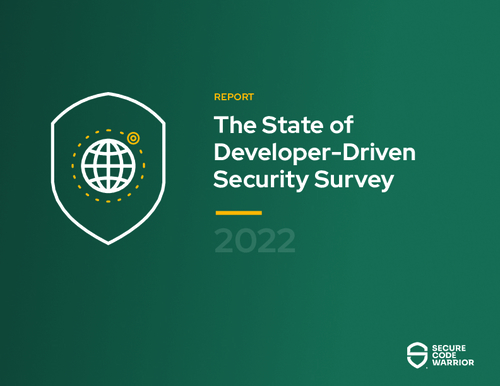Bair: No Bank is Too Big To Fail
Sheila Bair says no bank is too big to fail. In a speech on Monday the Federal Deposit Insurance Corp. (FDIC) Chair says she's looking for authority to close "systemically important" banks and expand the powers the FDIC already has to unwind some of the weakened commercial banks.Her comments came on the same day that two top banks, Bank of America and Citigroup, were told by federal regulators to raise more capital based on preliminary results of stress tests the federal banking regulators conducted.
Bair's call for new powers would allow the regulator to take over a bank and close it, and make the cost be paid by investors and creditors -- not the taxpayers who have already absorbed losses when regulators protect companies seen as "too big to fail." Bair says that idea should be tossed into the dustbin. Bair's comments were made before the Economic Club of New York.
Bair says the FDIC is up to the task, whether alone or in conjunction with other agencies. She sees the FDIC is central to the solution. "Given our many years of experience resolving banks and closing them, we're well suited to run a new resolution program," Bair says. The FDIC is the "handler" of failed banks and has closed 29 so far this year.
In the last year, federal regulators created programs to aid companies, giving more than $90 billion to Citigroup and Bank of America, and another $180 billion to American International Group (AIG) and setting up debt guarantee programs.
Bair says the government should not be in the business of arbitrarily picking winners and losers. The absence of this kind of authority has contributed to unprecedented government intervention into private companies she says. "Taxpayers should not be called on to foot the bill to support non-viable institutions because there is no orderly process for resolving them."
Bair sees the authority be set up under a "good bank" -- "bad bank" model, where the government would take over the troubled firm and force stockholders and unsecured creditors to pay the costs. "Viable" portions of the company would be put into the good bank, while the troubled portions would remain at the bad bank to be sold or closed over time, much like what the FDIC does with smaller banks that fail.
BofA, Citi Must Raise Capital
The preliminary reports from last week's bank stress tests results show that at least two troubled banks need to raise more capital in case the economic conditions in the country become worse.
Government banking regulators told Bank of America and Citigroup that they must increase their capital reserves based on the preliminary stress test results, says a published report.
How short is the capital at Bank of America? The shortfall could add up to billions, says the Wall Street Journal, citing inside sources at the bank. Executives at Bank of America and Citigroup are expected to object to the findings and will respond with detailed rebuttals.
Last Friday the government released a white paper explaining how the stress tests of the 19 biggest banks in the country were conducted. Some of them received their preliminary test results. The government conducted the tests to find out which banks are strong enough to survive another financial shakeup and which ones would need more government support. Government official say banks told to raise more capital should not be seen as insolvent. Federal officials have said they won't let any of the top 18 banks fail.
Tomorrow, Bank of America shareholders will vote on whether Ken Lewis, CEO and head of the bank, will retain his top spot or be asked to step down.





















